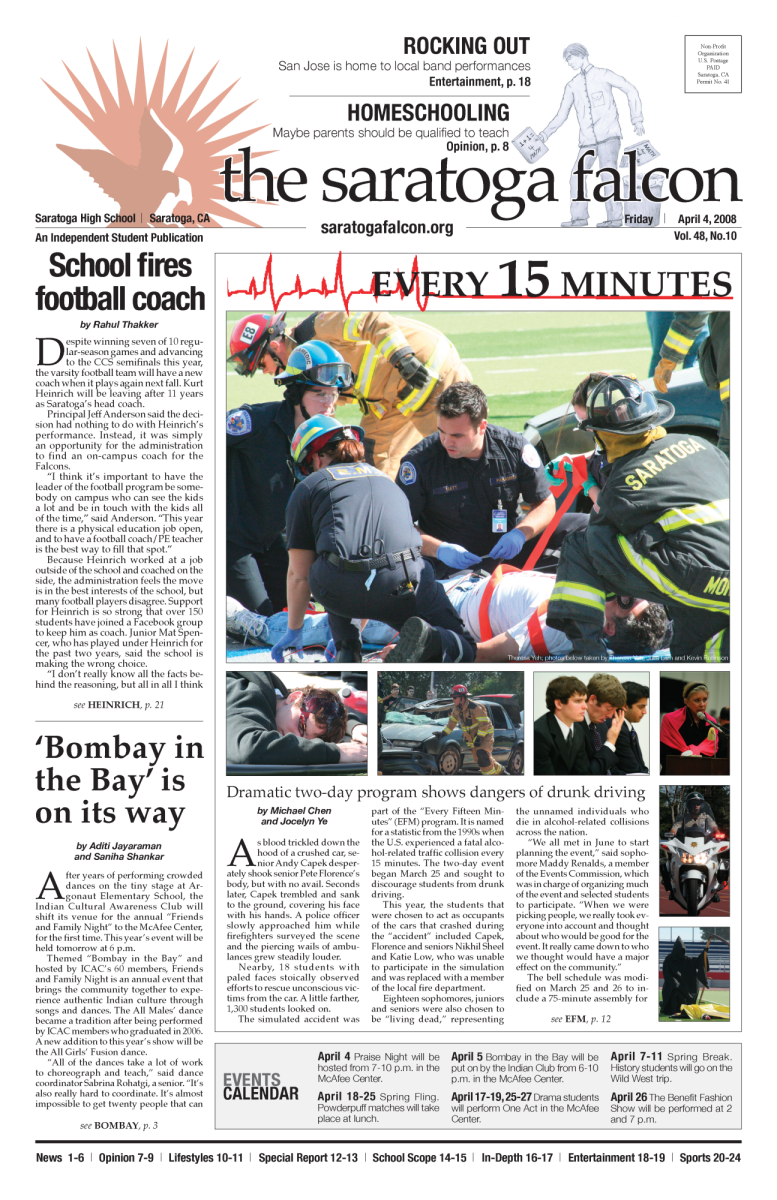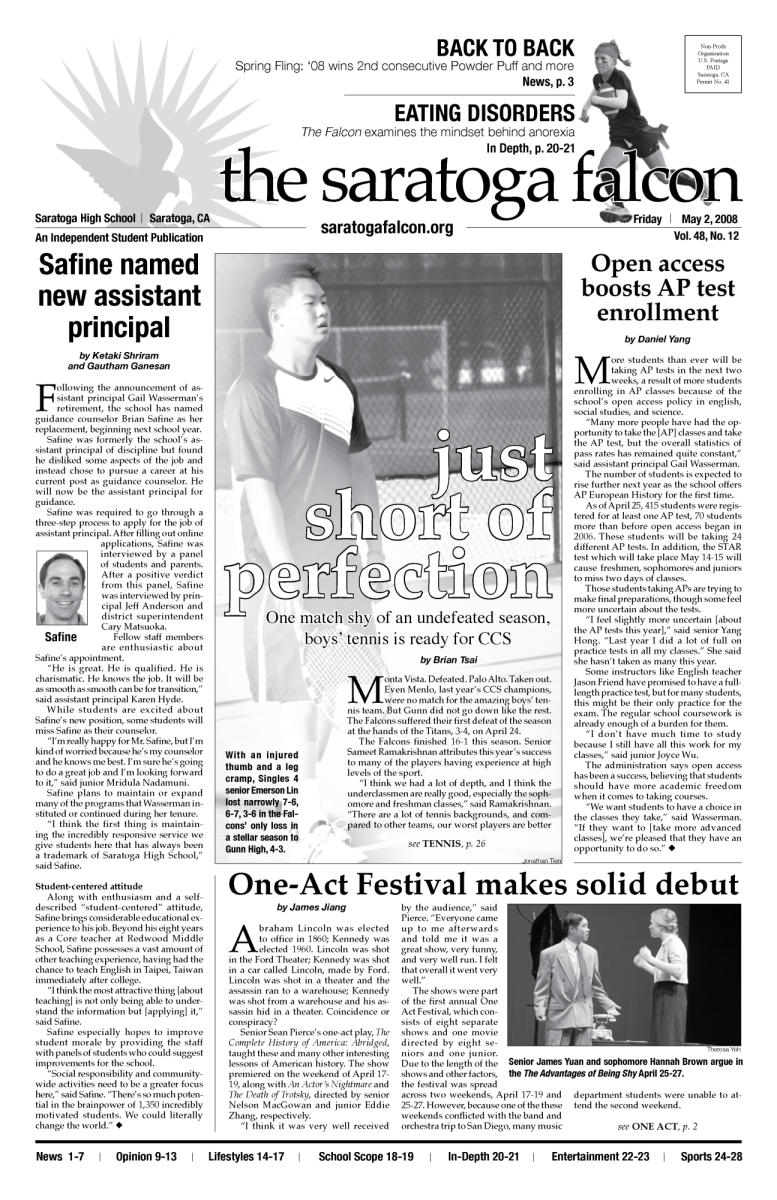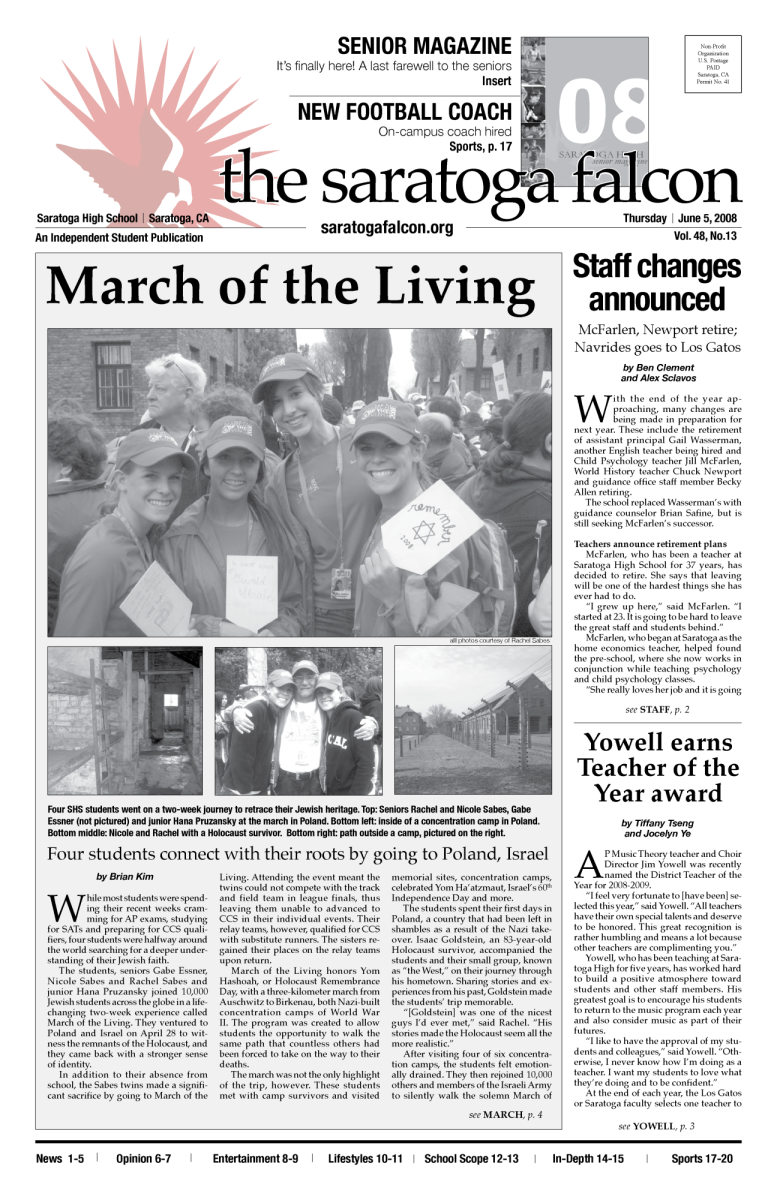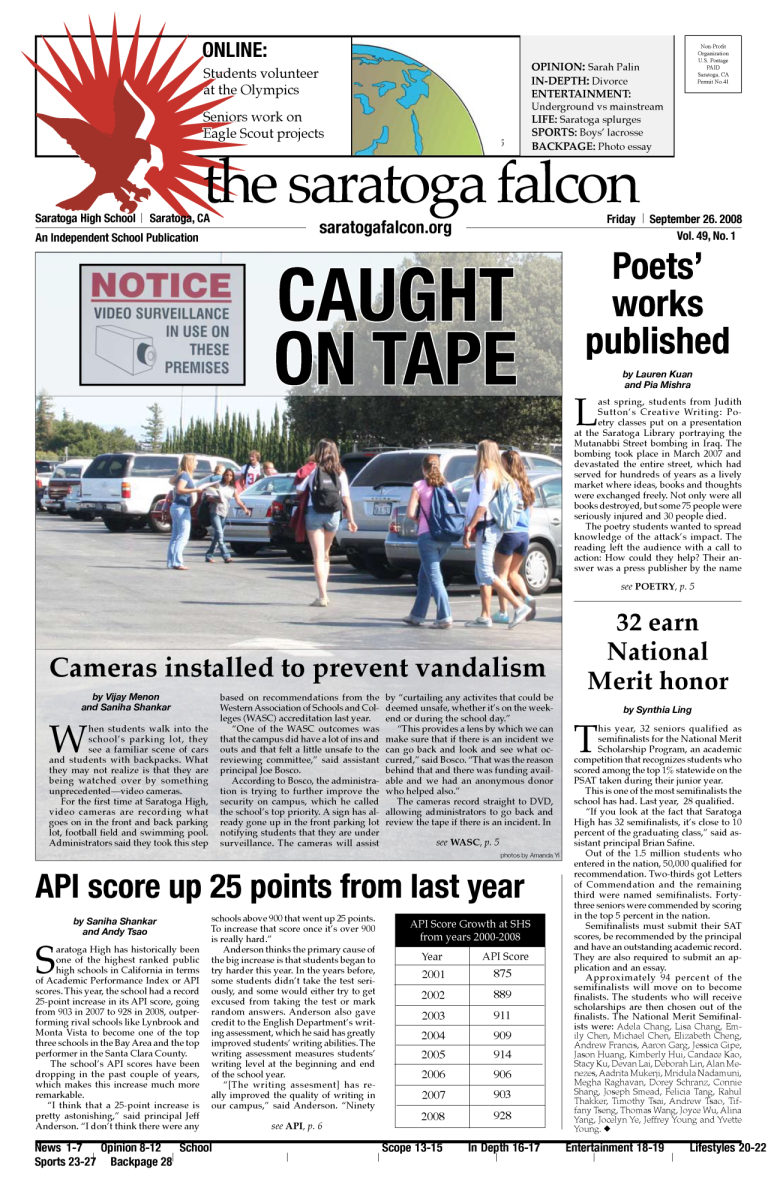An average student spends 5,320 hours in high school with roughly 28 teachers. Clearly teachers play a large role in a teenager’s life and affect how students view the world.
High school is a special period in a teenager’s life when they transition from being hand held and spoon fed to becoming young adults. Suddenly, they go from having little or no choice in what subjects and topics they learn at school as elementary and middle school students to becoming young adults who are responsible for their own learning and future as they graduate.
Presented with an array of elective courses to choose from, students have the opportunity to begin their journey of independent thinking. Directing and shaping this thought process are the teachers in high school who can show the path of learning to students, a path that is not just limited to the course material, but which extends to the real world they will be embracing by the time they graduate.
Yet, by the time students get to high school, they sometimes form habits that can be detrimental to their education. Teachers trying to motivate and encourage students during their earlier years often give them awards such as extra credit for almost everything they do.
On the flip side, when students do not do their expected work, they are “punished” with a poor grade.
As students become accustomed to having such rewards and punishments tied directly to their performance, the purpose of education is sometimes lost. Students become so caught up in the hustle and bustle between homework and preparing for tests and quizzes that the excitement and interest in learning disappears, and instead, earning good grades becomes the only focus.
Many students participate in the National History Day competition, for example, in which they are encouraged to expand their knowledge in a particular historical subject that does not have to be connected to the school curriculum. Since students are given extra credit for entering this competition, however, the love for the subject is lost in the reward of improving one’s grade.
This is where the active role of high school teachers becomes critical for inspiring their students to find a passion for the subjects they are learning. Teachers need to encourage students to explore the relevance and context of the subject beyond the immediate course material by removing the pressure of being judged on every test, quiz and homework assignment.
Spanish language classes offer students the opportunity to visit Mexico, inspiring students to speak more Spanish as they are immersed in the Mexican culture. This field trip is not required and has no effect on a student’s grade, yet it provides a unique and effective way to motivate students to speak Spanish.
Such field trips teach students to embrace the language instead of of simply memorizing information from a textbook and regurgitating it for a grade. Teachers of all subjects must find similar ways to inspire students, even as they gently guide them in their personal choices.
In many English and history classes, teachers hold debates on contradictory topics so as to engage students in what they are learning and encourage students to develop opinions of their own, instead of simply testing the students on written material. This lets students connect to the material and grasp a better understanding of a topic than they would if they just had to memorize written material on the topic.
High school teachers are typically expected to teach only one subject, which is their personal specialty and passion, while elementary and middle school teachers have to teach several subjects. It is thus essential for high school teachers to share this passion for their chosen subject, and inspire high school students to find their own interests and look beyond their grades in class.
In effect, the best teachers engage students in projects that force students to think critically beyond the material in the textbooks and involve students in activities where they have to examine their beliefs and ideas. While removing the burden of earning grades based on the immediate textbook material, such projects and activities can simultaneously help students develop their thinking skills, and expand their awareness of the world.



























